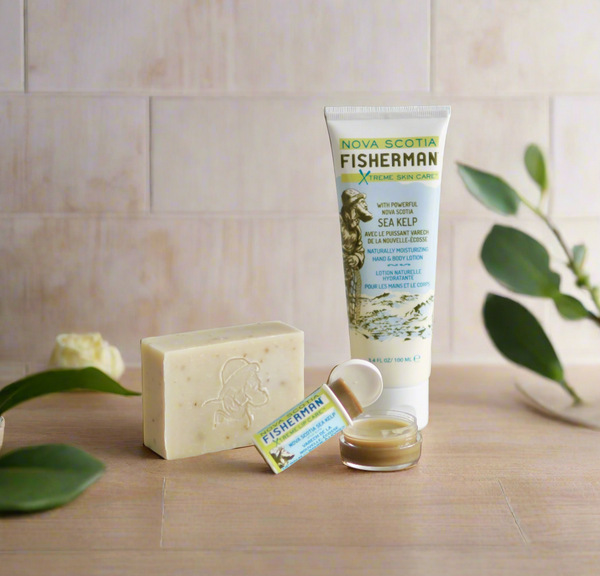Your Cart is Empty

What is Sustainable Palm Oil?
October 30, 2018 3 min read
-
Palm oil has received lots of criticism and discussion, mostly based on production methods in certain parts of the world and the environmental impacts associated. It is devastating and deeply concerning.
We should first say that we believe unethical palm oil production is a significant problem and is not at all what we stand for as a company. When harvested correctly, palm oil is a powerful, natural, wonderful ingredient that many communities rely on for income.
What is the (unregulated) Palm Oil issue?
Palm oil is extracted from the fruit of certain palm trees, especially the West African oil palm. Palm oil is used in cosmetic products, as a cooking oil, and also to produce bio-fuels for heat and transportation.
85% of all palm oil comes from Indonesia and Malaysia, where thick rainforests provide life and shelter to a wide variety of species. Parts of these rainforests are harvested and replaced with palm oil farms.


When this process is completed without regulation and sustainability practices enforced, it can wipe out food and shelter for animals, making it difficult for many species to live and survive. These unethical producers burn the vegetation on the land, which wipes out all food sources for animals and produces great amounts of CO2 gas into the atmosphere.

Under 10% of all palm oil producers in Borneo produce certified sustainable palm oil.
What makes palm oil production "certified sustainable" ?
RSPO (Roundtable on Sustainable Palm Oil)is a not-for-profit that unites stakeholders from the 7 sectors of the palm oil industry: oil palm producers, processors or traders, consumer goods manufacturers, retailers, banks/investors, and environmental and social non-governmental organisations (NGOs), to develop and implement global standards for sustainable palm oil.

The RSPO has developed a set of environmental and social criteria which companies must comply with in order to produce Certified Sustainable Palm Oil (CSPO). When they are properly applied, these criteria can help to minimize the negative impact of palm oil cultivation on the environment and communities in palm oil-producing regions.
The RSPO has more than 3,000 members worldwide who represent all links along the palm oil supply chain. They have committed to produce, source and/or use sustainable palm oil certified by the RSPO.


Why do we use palm oil?
We use sustainable palm oil in our soap bars (and only our soap bars) as a natural cleanser, moisturizer, and antioxidant. Because we choose not to use any harmful, artificial, chemicals or fillers, our soaps use natural oils to cleanse and remove dirt from the skin. The use of artificial chemicals and fillers in antibacterial soaps isn't commonly regulated and produces it's own harsh impacts not only on your skin, but also on the environment once it's washed down the drain.
At Nova Scotia Fisherman, we have always sourced from RSPO approved sources. This means that any producers, suppliers, or distributors have been verified as a sustainable, ethical palm oil facility, adhering to RSPO principles. Under these conditions, species are able to thrive and survive in their environment.
Benefits of Palm Oil for the Hair & Skin:
1) Anti-aging (vitamin e + antioxidants reducing free radicals)
2) Cleanse & Moisturize (remove oil and dirt from skin + hair)
3) Healthy Hair (vitamin a, beta carotene, + e)
4) Cancer fighter (fight free radicals)
What can consumers do? (Why shouldn't you boycott all palm oils)
First, you SHOULD boycott unsustainable palm oil. Palm oil is an incredibly high-yielding vegetable oil, which means that any oil replacing it will have to use more land, which does not solve the issue of deforestation and associated land use change (more water, more power, more CO2 emissions). We believe it's better to get palm oil production ‘right’ and support organizations that work hard to ensure the practices are monitored and regulated.
What can companies do?
Source sustainable. Utilize RSPO resources and only use ethically-sourced oils in your products.
You can learn more about RSPO initiatives at - https://www.rspo.org
Leave a comment
Comments will be approved before showing up.
Subscribe
Sign up to get the latest on sales, new releases and more …

Receive 15% OFF Your First Order
Plus First Updates on Sales, New Products & FREE SHIPPING on Orders $100+ (Canada & USA)
